HSBC and First Direct to boost savings rates as pressure mounts on banks to pass on betters rates to savers
HSBC and First Direct plan to boost the rate on to their savings accounts today, as consumers call on high street banks to do more to give savers a better deals as the base rates hits 5%.


Get the latest financial news, insights and expert analysis from our award-winning MoneyWeek team, to help you understand what really matters when it comes to your finances.
You are now subscribed
Your newsletter sign-up was successful
Want to add more newsletters?

Twice daily
MoneyWeek
Get the latest financial news, insights and expert analysis from our award-winning MoneyWeek team, to help you understand what really matters when it comes to your finances.

Four times a week
Look After My Bills
Sign up to our free money-saving newsletter, filled with the latest news and expert advice to help you find the best tips and deals for managing your bills. Start saving today!
If you’ve been looking for the best savings accounts, then you may have felt let down by the high street banks who have recently come under pressure for not passing on interest rate rises to savers as fast as they do to borrowers.
As pressure mounts, banking giants HSBC and First Direct have said that they will today (30 June) increase the rates on saving accounts to give savers more on their cash holdings.
Chancellor Jeremy Hunt recently said that while banks had been quick to pass on higher rates to mortgage holders they had left savers behind and urged banks to do better.
MoneyWeek
Subscribe to MoneyWeek today and get your first six magazine issues absolutely FREE

Sign up to Money Morning
Don't miss the latest investment and personal finances news, market analysis, plus money-saving tips with our free twice-daily newsletter
Don't miss the latest investment and personal finances news, market analysis, plus money-saving tips with our free twice-daily newsletter
The lowest rates are on easy access savings accounts, though some fixed accounts have seen better increases.
The Financial Conduct Authority has also stepped in and is due to report by the end of July on how the savings market was supporting savers to benefit from higher interest rates.
While some savers may have savings inertia, now is the time to shop around for a better rate and move your cash.
Kalpana Fitzpatrick, MoneyWeek’s digital editor, and author of Invest Now, says: “Some savers are holding onto cash in accounts paying as little as 0.25% - the base rate is 5%. So, if your cash is languishing in accounts paying little or nothing, move it. It takes minutes to open a savings account; the best ones aren’t necessarily with the high street giants, so take a look as it is just as important to make your cash savings work hard as your investments do.”
If you bank with HSBC or First Direct, we look at what they are offering and how it stacks up against other savings rates.
How much is HSBC increasing its rates by?
Customers with HSBC accounts will see some savings interest rates increase from today - June 30.
If you have an online bonus saver, you’ll be able to earn 4% in interest on up to £50,000 - previously, this rate was limited to holding of up to £10,000, and anything between £10,000 and £50,000 would only earn 2.3%. This means you can potentially earn up to around £680 more annually in interest.
HSBS is also increasing the rate on its instant access premier savings account by 0.4%, taking it to 2%, and its flexible saver account, pushing the rate to 1.75%.
The bank currently offers a switching bonus of £200, but is due to remove them on 3 July.
How much is First Direct increasing its rates by?
First Direct, part of the HSBC group, is also bumping up its rates with its fixed-rate saver account going up from 4.6% to 5%.
It said it plans to pass on further rate increases later this year.
What are the best savings rates on offer right now?
While the rate increases from HSBC is a move in the right direction, there are better rates if you shop around.
MoneyWeek has been tracking interest rates on different types of savings accounts for some months now and some of the rates are the best we have seen in 15 years. Here’s what is on offer right now.
- The top easy access account, from Chip, from 4.21%. Existing customers can get 7% from First Direct, fixed for 12 months.
- The best one-year fixed account from SmartSave offers 5.86%, while the best two-year fixed account, also from SmartSave offers 5.86%.
Savers must act fast to get the best deal on savings accounts should act fast, as these can get pulled from the market when the bank reaches it capacity.
Get the latest financial news, insights and expert analysis from our award-winning MoneyWeek team, to help you understand what really matters when it comes to your finances.
Nic studied for a BA in journalism at Cardiff University, and has an MA in magazine journalism from City University. She has previously worked for MoneyWeek.
-
 UK unemployment hits highest level since 2021 – will interest rate cuts follow?
UK unemployment hits highest level since 2021 – will interest rate cuts follow?UK unemployment reached its highest rate in almost five years by the end of 2025. Is AI to blame and will the Bank of England step in with an interest rate cut in March?
-
 Did UK inflation fall in January?
Did UK inflation fall in January?After rising in December, analysts expect the next round of UK inflation data to show that disinflation returned in January
-
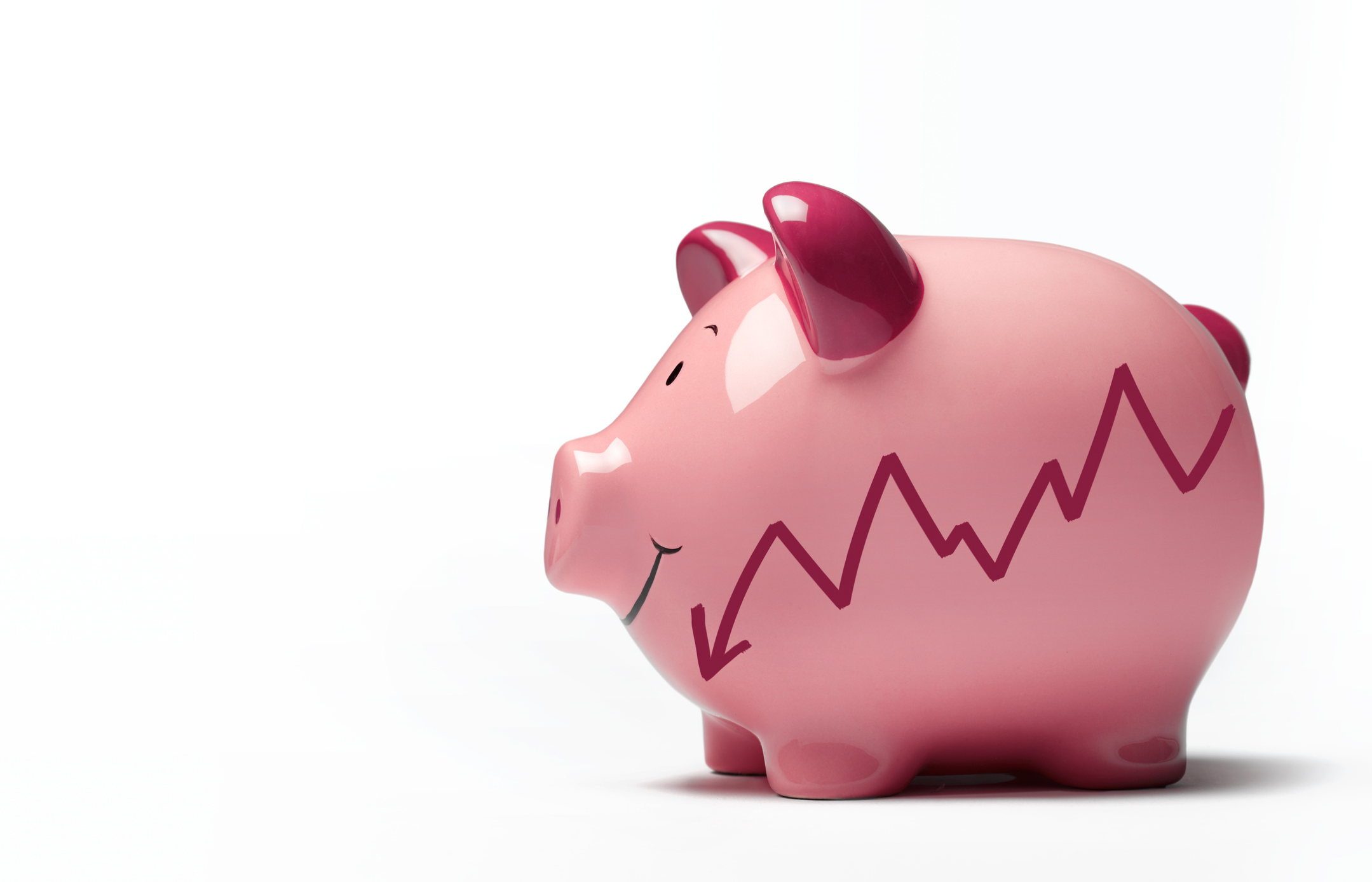 Why you should act now to secure the best fixed savings rates as lenders start to pull their top deals
Why you should act now to secure the best fixed savings rates as lenders start to pull their top dealsFixed rate deals have started to drop, with some providers pulling them altogether. We look at why you may need to act now to secure the best rates as interest rates remain frozen.
-
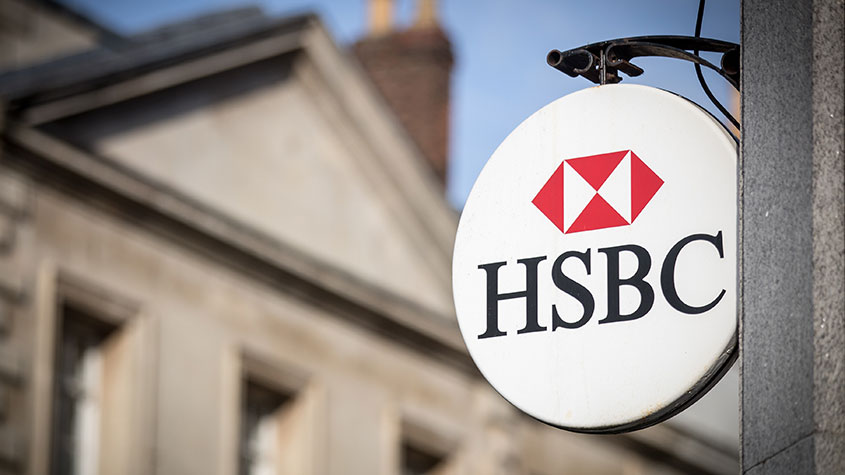 Act fast: HSBC to pull its 5.7% one-year bond
Act fast: HSBC to pull its 5.7% one-year bondSavers have until Wednesday to apply for HSBC’s one-year fixed-rate bond. The withdrawal of the account follows NS&I’s decision to pull its market-leading one-year bonds earlier this month. We explain why you need to act fast to secure the best rates.
-
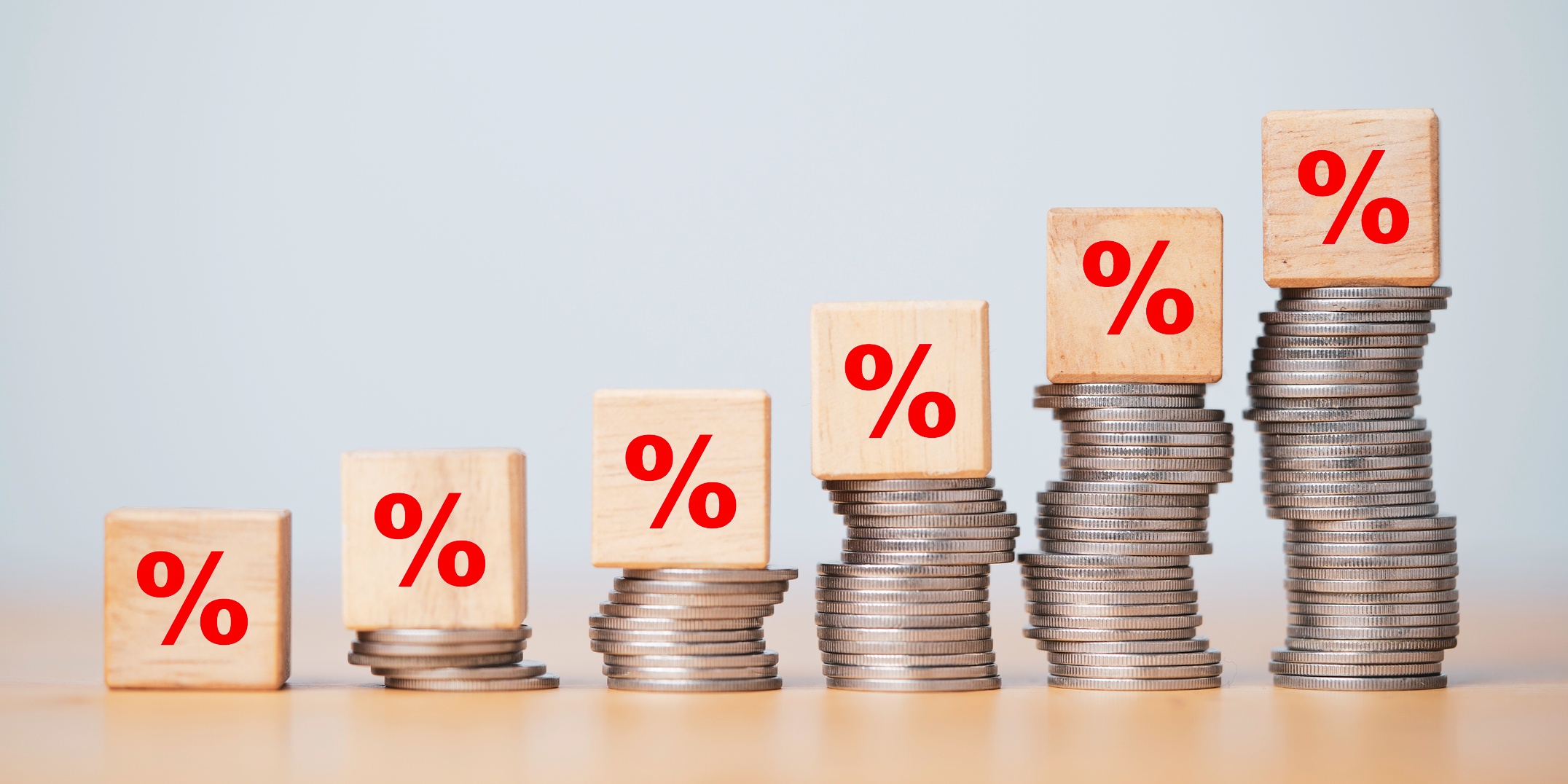 Lloyds, Santander and HSBC hike savings rates
Lloyds, Santander and HSBC hike savings ratesBanks and building societies have been raising their savings rates as the base rate continues to rise. Our round-up of all the savings rates hikes.
-
 Treasury grills bank bosses over savings rates
Treasury grills bank bosses over savings ratesNews The Treasury Select Committee says customers are earning between 0.5% and 0.65% on basic savings accounts, well below the Bank of England base rate
-
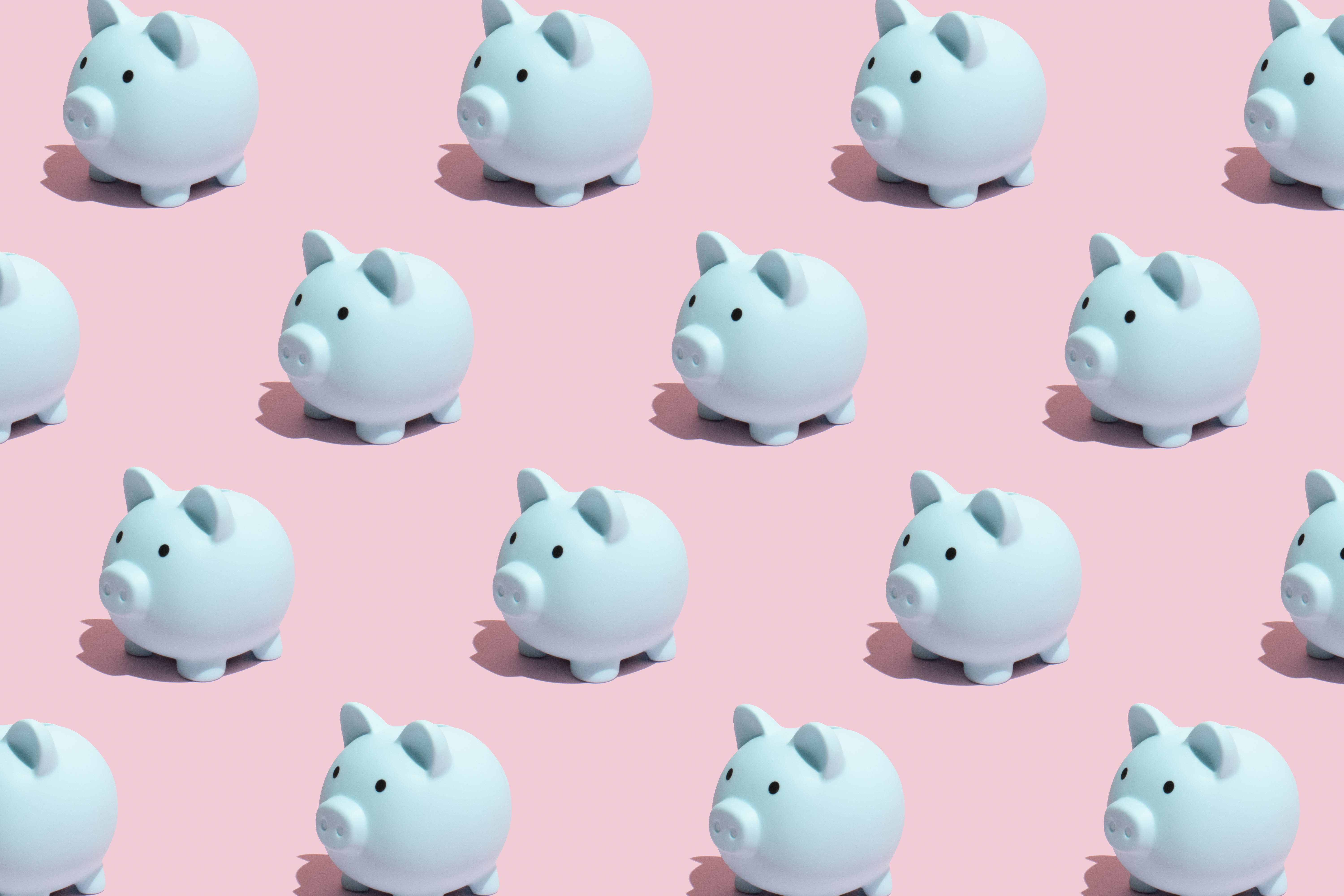 Best savings rates – earn as much as 4.5%
Best savings rates – earn as much as 4.5%Savings The best savings rates on the market pay up to 4.5% on your cash – but you will need to act fast before these top-paying accounts disappear
-
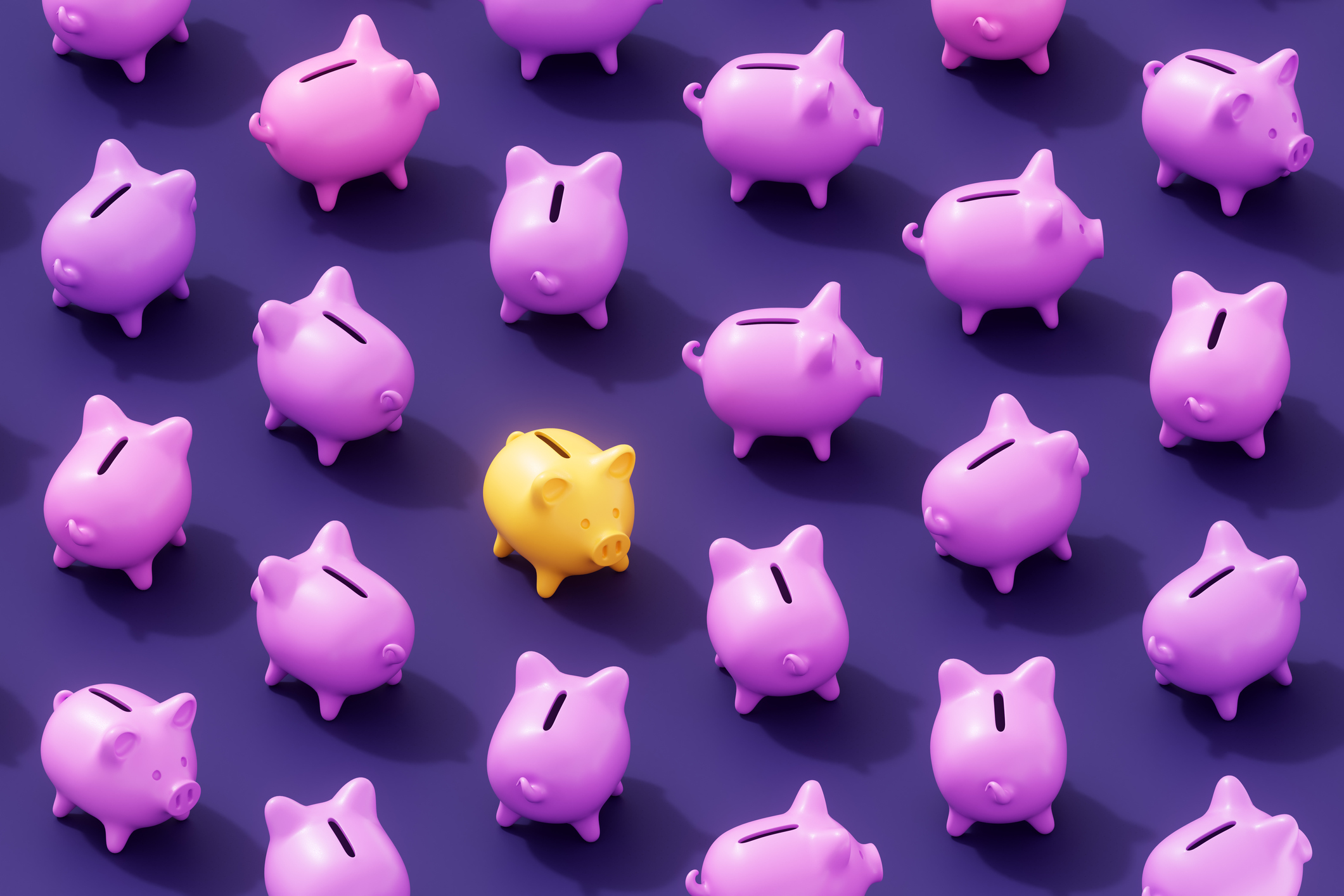 Best regular savings accounts – get up to 7.5%
Best regular savings accounts – get up to 7.5%Savings The top regular savings accounts pay as much as 7.5%. If you’re looking to stash small amounts away each month, we list the accounts worth looking at
-
How inflation shrinks your savings, and what to do about it
Advice It’s getting harder and harder to grow your money in real terms. Alex Rankine looks at the best savings accounts currently on offer.
